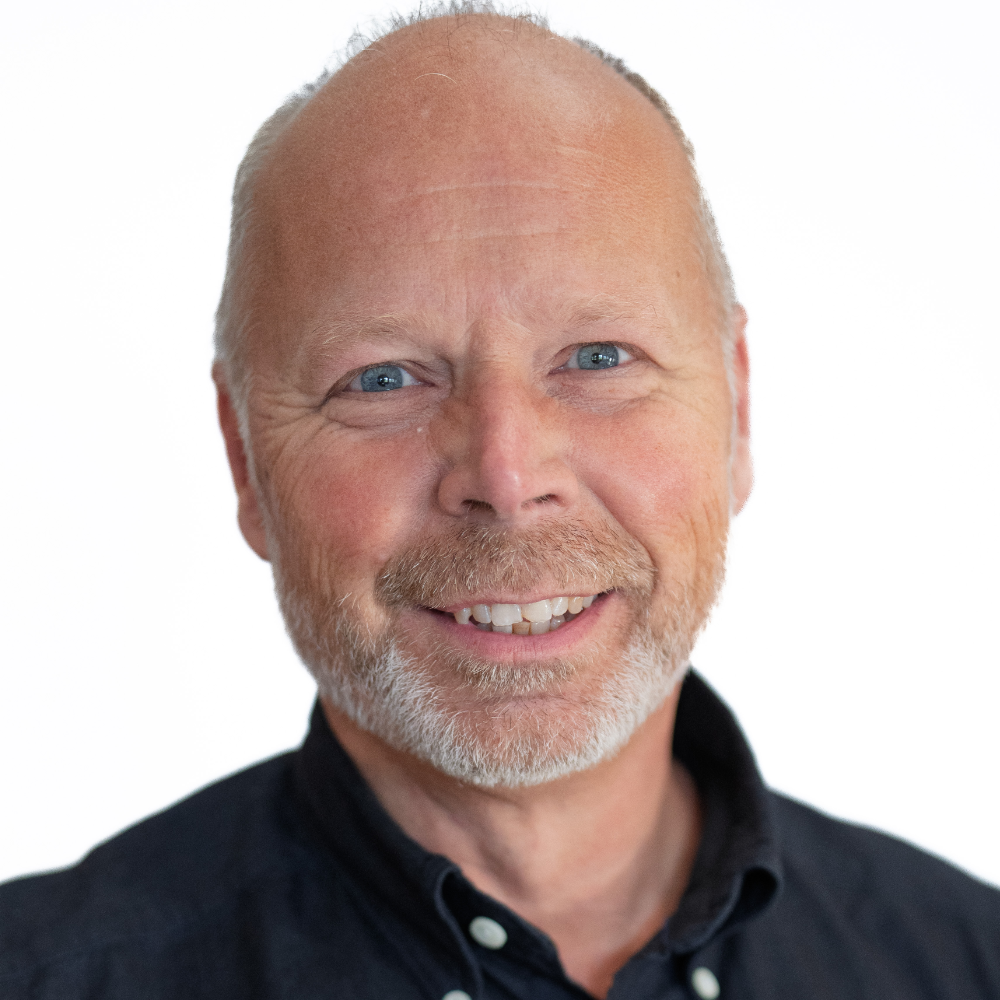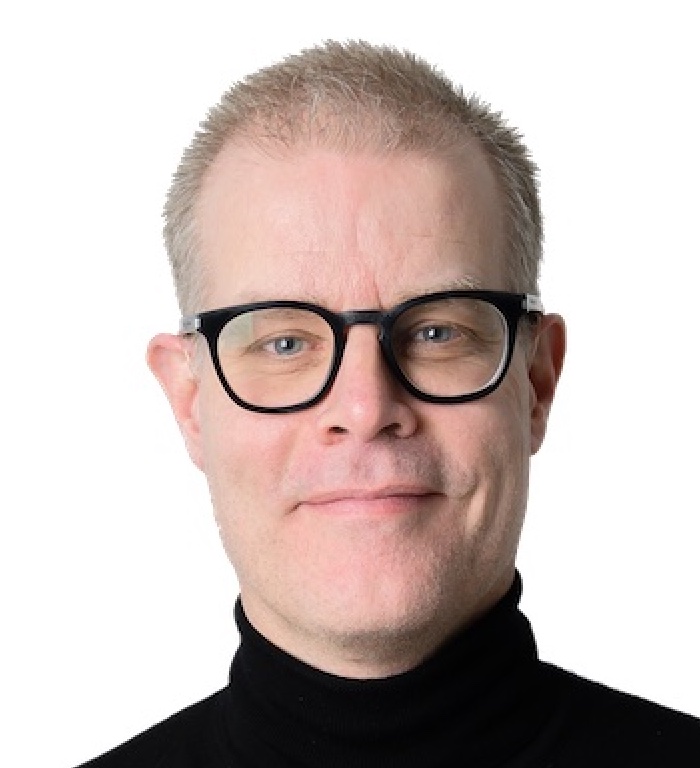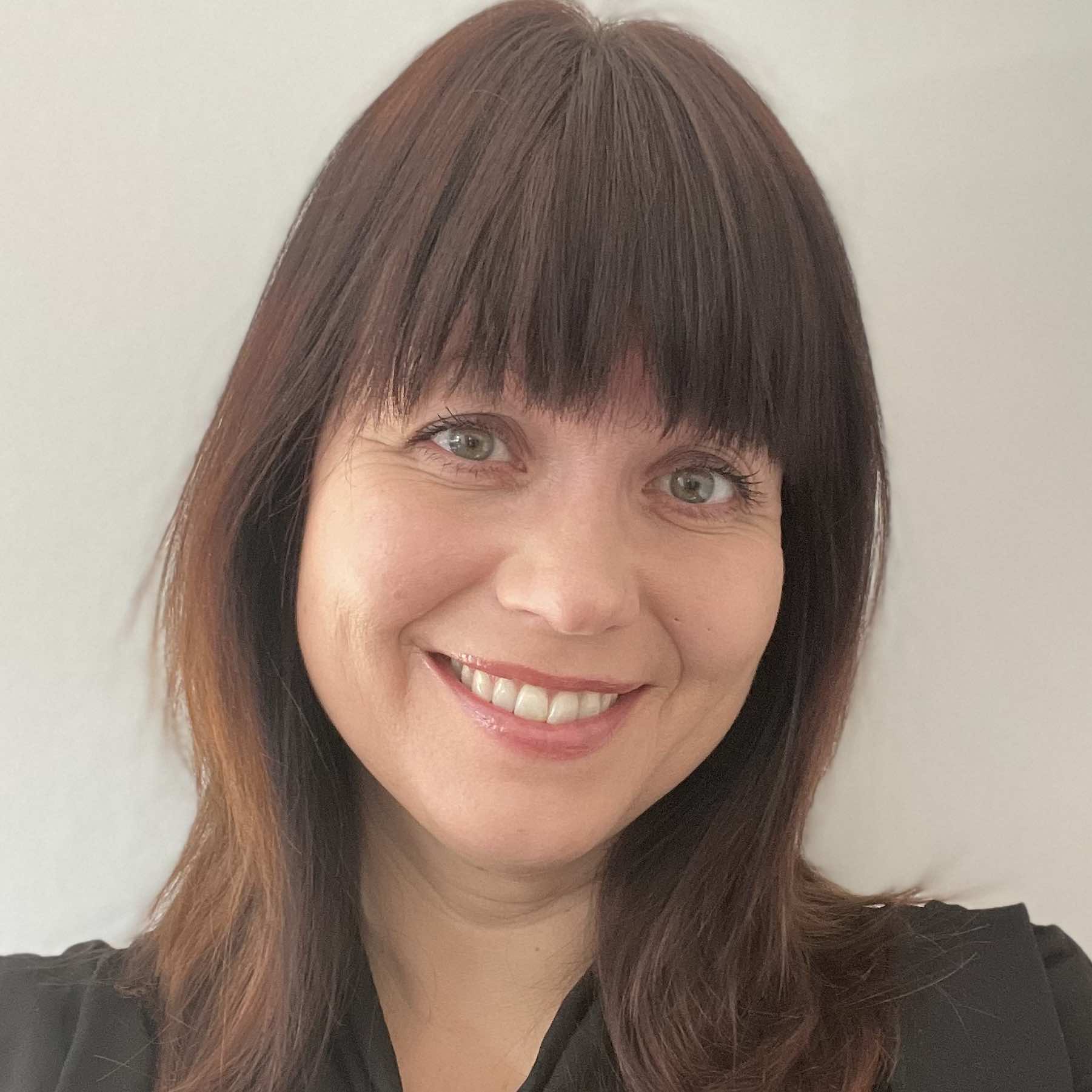Agile Strategy (remote), Dec 12-14 2022
Agile Strategy is an approach designed to address one of the most challenging business issues of our time – how to develop and execute strategy successfully and consistently when the business environment is uncertain and constantly changing. Agile Strategy is intended to provide a coherent framework within which these challenges may be identified, understood, and addressed.
Agile Strategy comprises agile direction, the process of strategy formulation in an uncertain environment, and agile execution, enabled and connected by an agile operating model. It therefore enables whole organisations to be adaptive, whether they chose to adopt agile working methods or not.
Module 1. Formulating strategy to allow agility.
Led by Stephen Bungay.
Purpose: In an environment of radical uncertainty, strategy should be developed and formulated to enable the organisation as a whole to be agile. We call this approach directional strategy. It involves the first two practices:
- Practice 1. Making sense of the landscape (situational awareness).
- Practice 2. Being clear about what really matters.
Outcomes:
- To understand how to make good decisions when you cannot make good predictions
- To be able to set direction as a compass heading rather than a destination by articulating core beliefs
- To create a framework for decision making which optimise for robustness rather than efficiency
- To create an operating rhythm which enables you to test and revise beliefs and adopt an evolving series of stances and out-learn the competition.
Module 2. Applying leading through intent to create an agile operating model.
Led by Stephen Bungay and Mark Bouch.
Purpose: Implementing an agile organisational operating model requires the application of three more practices. This module will introduce Leading through Intent together with tools and techniques to apply it in practice.
- Practice 3. Translating intent into action by developing a common shared understanding.
- Practice 4. Setting and applying appropriate boundaries.
- Practice 5. Facilitating alignment.
Outcomes:
- Understanding and confidence to apply the practices using the strategy briefing (5MAP™) technique learned in the modul.
Module 3. Leading the system – organisational readiness.
Led by Mark Bouch.
Purpose: A system-based approach to implementing agile strategy.
Participants will be able to:
- Understand the organizational characteristics necessary for an Agile strategy to work.
- Be able to diagnose my organisation’s current readiness for Agile strategy.
- Identify, analyze and solve potential barriers and enablers to implementation in your organization.
Preparations
Some participants will have read Art of Action, though it is not essential to have done so. We recommend spending at least 30 minutes scanning https://www.agilestrategy.co.uk/. Focusing on the ‘How does it work’ section. This will provide some useful background.
















